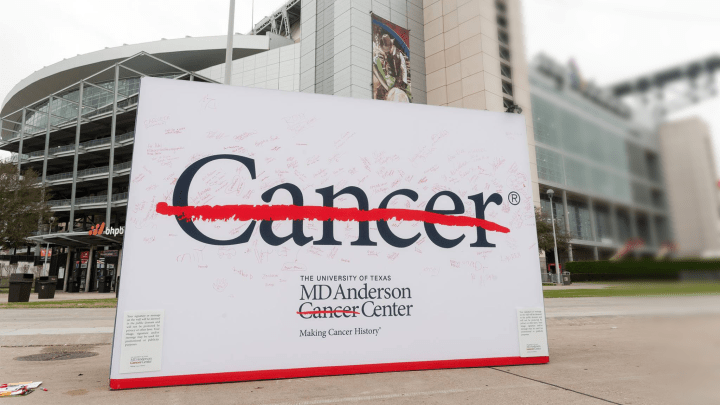
This new method is based on a recent form of DNA analysis called single-cell sequencing (SCS) that looks for DNA mutations in multiple individual cells, allowing researcher to detect cancerous mutations within a tissue sample. This SCS technology differs significantly from the existing next-generation sequencing (NGS) method that measures genomes derived from millions of cells. SCS has made a significant impact in the field of medicine and molecular biology, but the computational tools that analyze the DNA sequences are not as accurate as researchers wanted.
The University of Texas research team has improved these analytics tools, creating a new application they call Monovar. This method makes it possible to detect small changes in DNA known as single-nucleotide variants (SNVs). SNVs are commonly used as markers to identify both inheritable diseases and DNA-related diseases such as cancer.
Monovar is a flexible tool, capable of analyzing DNA in a variety of applications beyond early cancer detection and treatment. “Monovar will have significant translational applications in cancer diagnosis and treatment, personalized medicine, and prenatal genetic diagnosis, where the accurate detection of SNVs is critical for patient care,” said study co-authors Nicholas Navin, Ph.D., and Ken Chen, Ph.D.. The results of this study were published recently in the online version of Nature Methods.
Editors' Recommendations
- FDA clears first-ever smartphone app for insulin delivery
- Scientists hail first unambiguous detection of water on the moon
- Urine test could detect bladder cancer traces 10 years before other signs appear
- First-ever image of a black hole wins scientists a $3-million prize
- Physicists may have detected first-ever collision of black hole and neutron star




